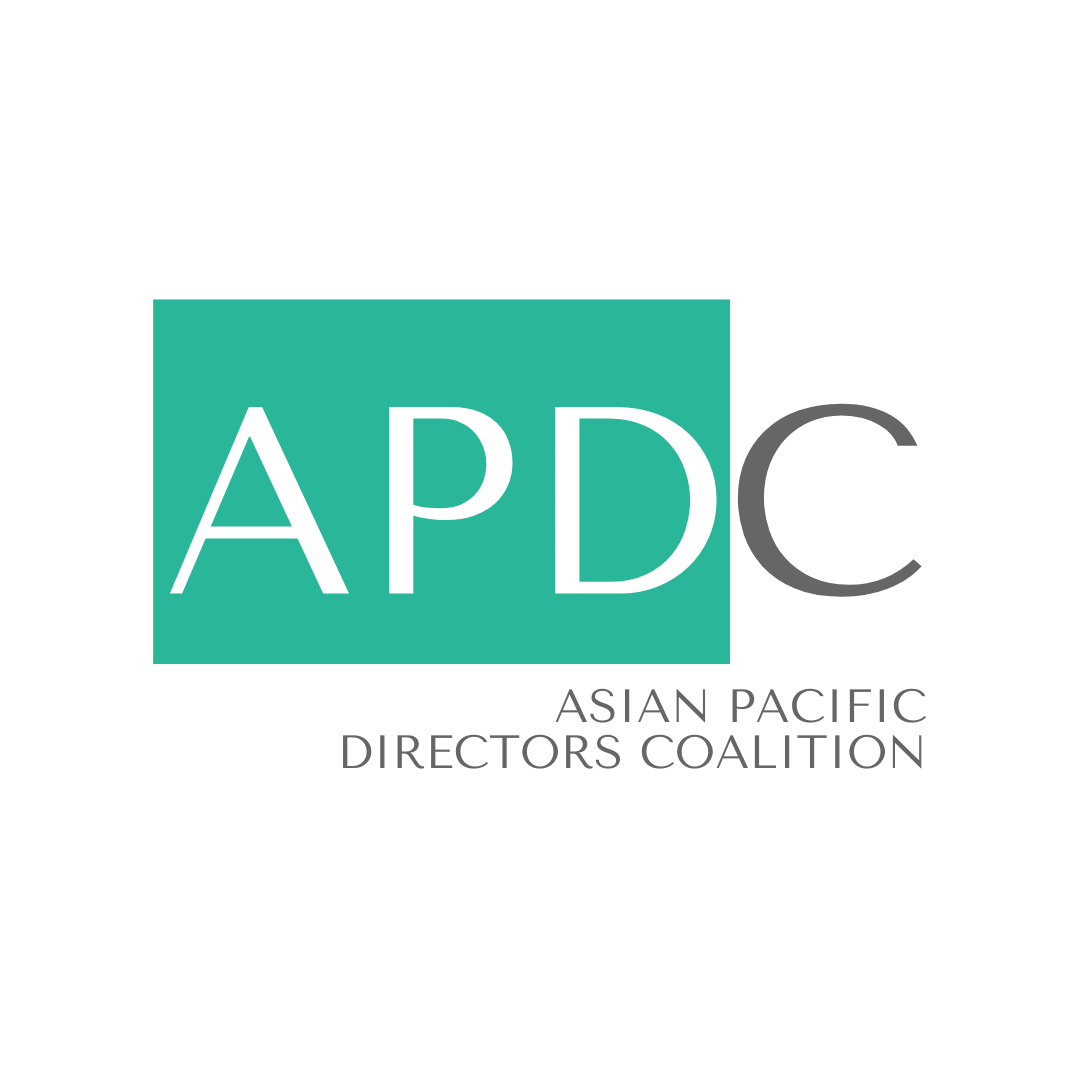History
In 1982, Elizabeth Dunbar, the Executive Director of the Washington State Commission on Asian American Affairs, called a meeting with various API executive directors to discuss the formation of a coalition who’s purpose was to use its collective influence to advocate for the API communities. At that first meeting were executive directors from Asian Counseling and Referral Services, Atlantic Street Center, Center for Career Alternatives, Employment Opportunity Center, InterIm, Tacoma Catholic Community Center, Tacoma Community House and others. The group agreed to establish a coalition to assist the API community, but would remain a coalition and not an organization so it would not compete against fellow members for funding. Alan Sugiyama was elected as the chairperson of the coalition. In the first year, bylaws and procedures were established to govern the coalition. Meetings were scheduled for every other month. Executive directors or their designees were the only ones invited, but later membership was opened up to include high level administrators from government, educational institutions, officers of civil rights organizations and others. During the first year, the meetings were held at the Employment Opportunity Center and later at the Center for Career Alternatives. For the past few years, the meetings have been held at Neighborhood House and Nisei Veteran's Committee Memorial Hall. Other individuals who have served as chairperson included:
Diane Narasaki
Peter Tsai
Mark Okazaki
Alaric Bien
Dorothy Wong
Janice Deguchi
Michael Itti & Erin Okuno are the current co-chairs
Achievements
In the early 1980s, APDC created the Asian Youth Mentorship Program. The goal was to mentor API college students so they would develop leadership skills and would consider a career in nonprofits, education or government. Mentees were paired with Executive Directors and other members for one year or more. Program coordinators were Alan Sugiyama, followed by Nellie Anderson and Ike Ikeda. Approximately 30 individuals were served. The program lasted for three years and was used as the springboard for the creation of a separate leadership program called the Asian Community Leadership Foundation.
In the late 1980s, the Coalition addressed the lack of APIs in leadership positions primarily in local and state government and education. Meetings were held with numerous elected officials, school and post-secondary education administrators. APDC succeeded in having APIs included on state and local boards and committees and the hiring of top administrators.
In the 1990s, gang violence exploded in the Puget Sound area. API youth became active and willing participants of street gangs. To address this issue, APDC created a subcommittee and named it the Asian Task Force on Youth. The committee was co-chaired by Dave Okimoto, Executive Director of Atlantic Street Center and Alan Sugiyama. Meetings were held at Atlantic Street Center. The committee grew so large, it had to move its meetings to the American Red Cross and developed three subcommittees and employed a part-time staff. Outcomes included the creation of parenting tapes which was spear headed by the late Seattle City Council member Cheryl Chow and her Chief of staff Phil Fujii. Funding was secured from the City of Seattle to create a youth program to address the needs of API youth. Later this program spun off as a separate nonprofit called Safe Futures which still exists today. The committee organized annual career fairs to encourage APIs to consider a career in law enforcement, held youth roundtable discussions with police, prosecutors and judges, held meetings with parents and created parenting workshops that were ethnicity-specific and targeted Pacific Islanders, Vietnamese, Filipinos, Chinese, Cambodian and Laotians.
In 2002, APDC created a subcommittee to promote API Heritage Month. This annual event is held at the Seattle Center on the first Saturday in May. See video below for highlights of this event.
Today the Coalition continues to address the lack of APIs in leadership positions, underrepresentation of APIs on boards and commissions and lack of services and funding to the API communities.
For a more personal perspective on the history of the APDC, please click here to see the personal accounts of some of our past chairs.
API Heritage Celebration at Seattle Center
Want to get involved with our annual API Heritage Celebration at the Seattle Center? Contact us a asianpacificdirectors@gmail.com
